27, May 2024
Bamenda: bar explosion kills 2, death toll could rise 0
At least two persons were killed late Saturday when a makeshift bomb exploded in a crowded bar in Bamenda, according to local and security sources.
An army official said that the improvised explosive device detonated in a neighborhood just meters away from a police station.
“People were gathered to watch an important final match when the explosion occurred. The perpetrators of this terrorist act will be pursued and punished according to our laws,” the official, who requested anonymity, said.
Several people were injured, and the death toll could rise, the official said, adding that security forces often frequented the bar.
Although it remains unclear who planted the explosive device, local authorities have attributed the attack to separatist fighters active in the region since 2017. The separatists aim to establish an independent nation in Cameroon’s two Anglophone regions of Northwest and Southwest.
By Fon Lawrence with files
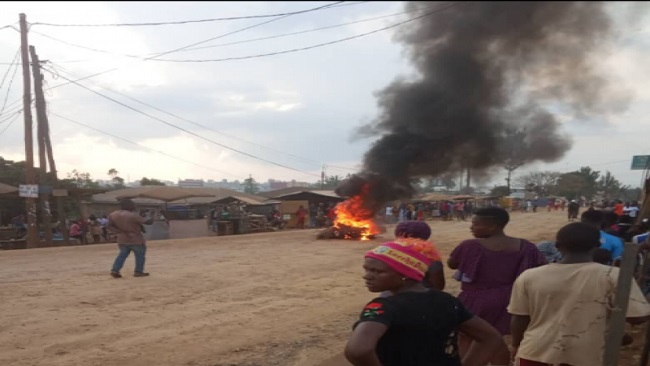
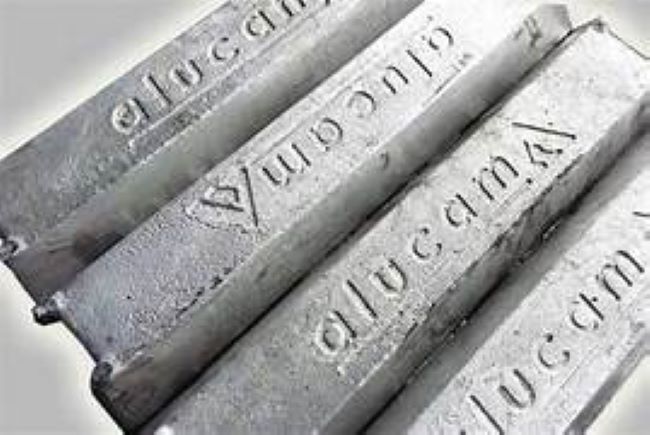

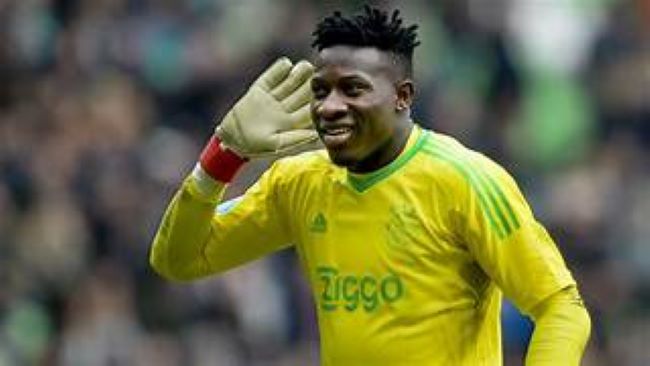
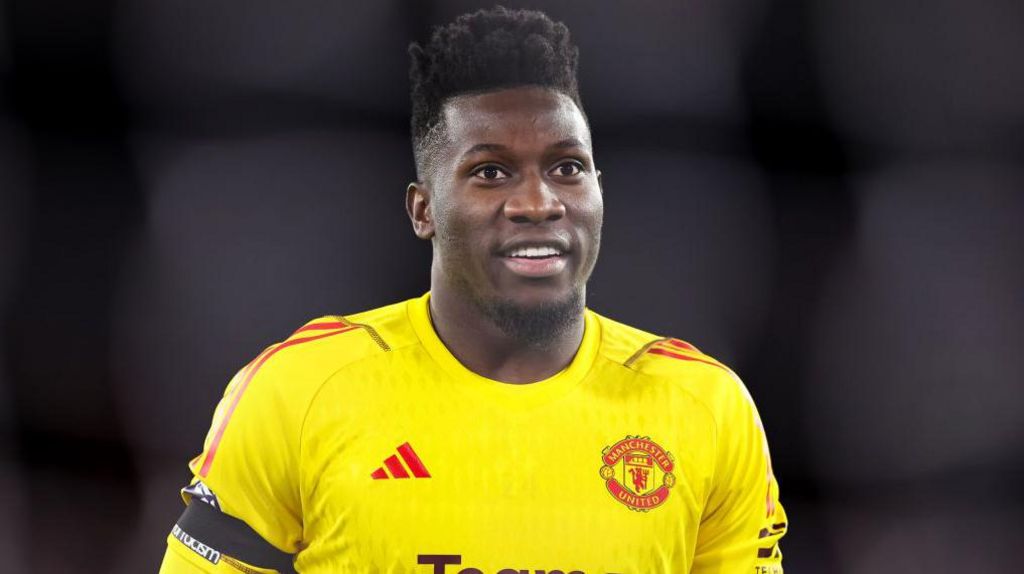

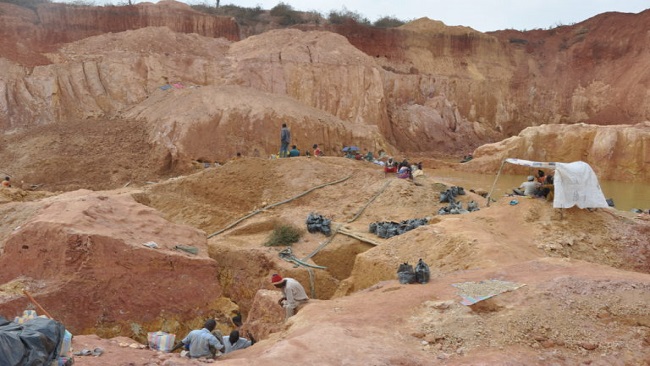















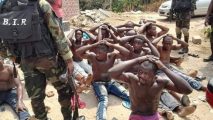





27, May 2024
More than 2,000 people buried in Papua New Guinea landslide 0
More than 2,000 people were buried by a massive landslide in Papua New Guinea, the national disaster centre said on Monday, as the government officially asked for international help to reach communities trapped in remote villages where rescue efforts have been hampered by treacherous conditions.
The numbers of those buried around Yambali village in Enga province in the country’s north are based on estimates from local authorities which have been rising steadily since Friday’s landslide.
A UN agency put the estimated death toll at more than 670 people on Sunday.
The National Disaster Centre raised the toll again to 2,000 in a letter to the UN on Sunday that was released publicly on Monday. The landslide also caused major destruction to buildings and food gardens, it said.
“The situation remains unstable as the landslip continues to shift slowly, posing ongoing danger to both the rescue teams and survivors alike,” according to the letter.
About 4,000 people were living near the affected area, CARE International Papua New Guinea (PNG) country director Justine McMahon told ABC television on Monday.
But it is difficult to get an accurate estimate of the local population as PNG’s last credible census was in 2000 and many people live in remote mountainous villages. The country recently announced a census would be conducted in 2024.
The unstable terrain, remote location and nearby tribal warfare are hampering relief efforts in Papua New Guinea.
Source: France 24